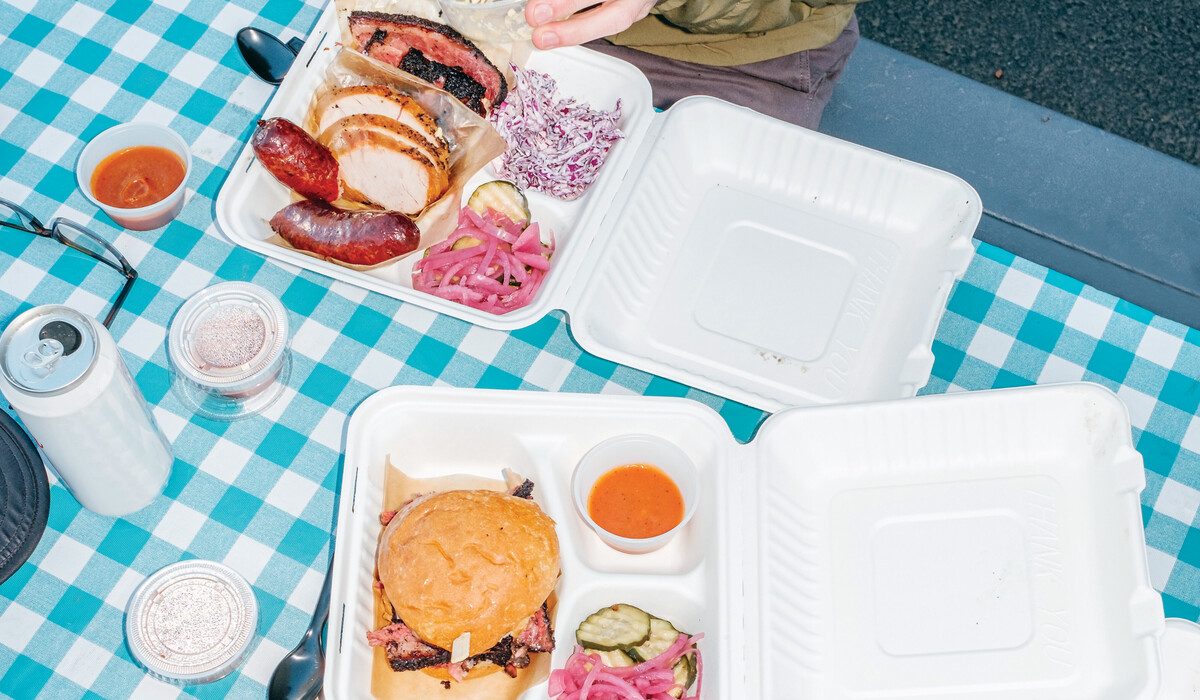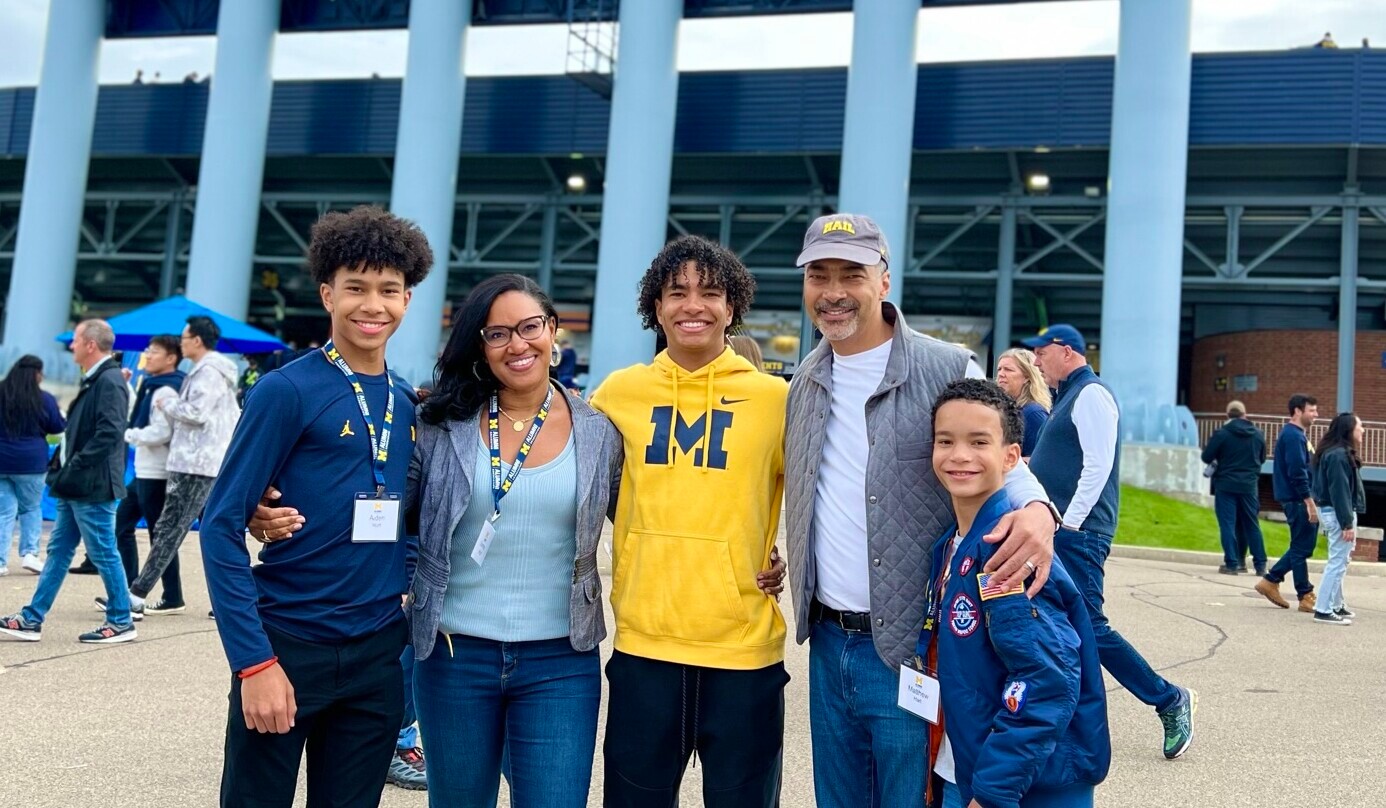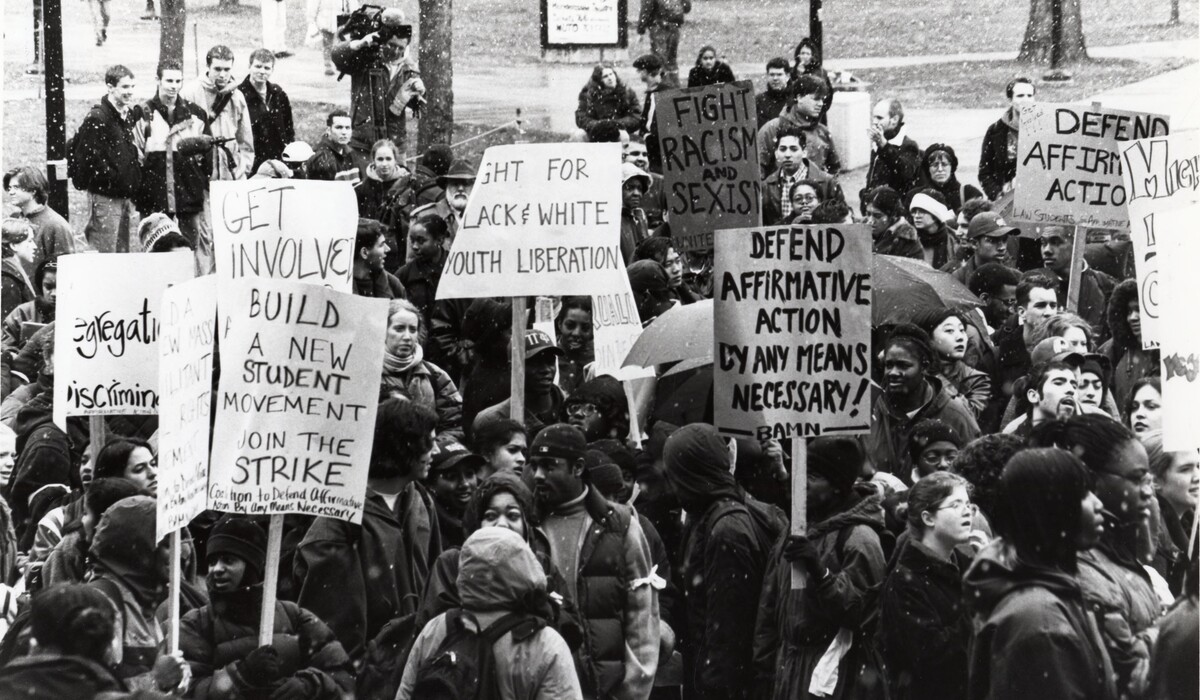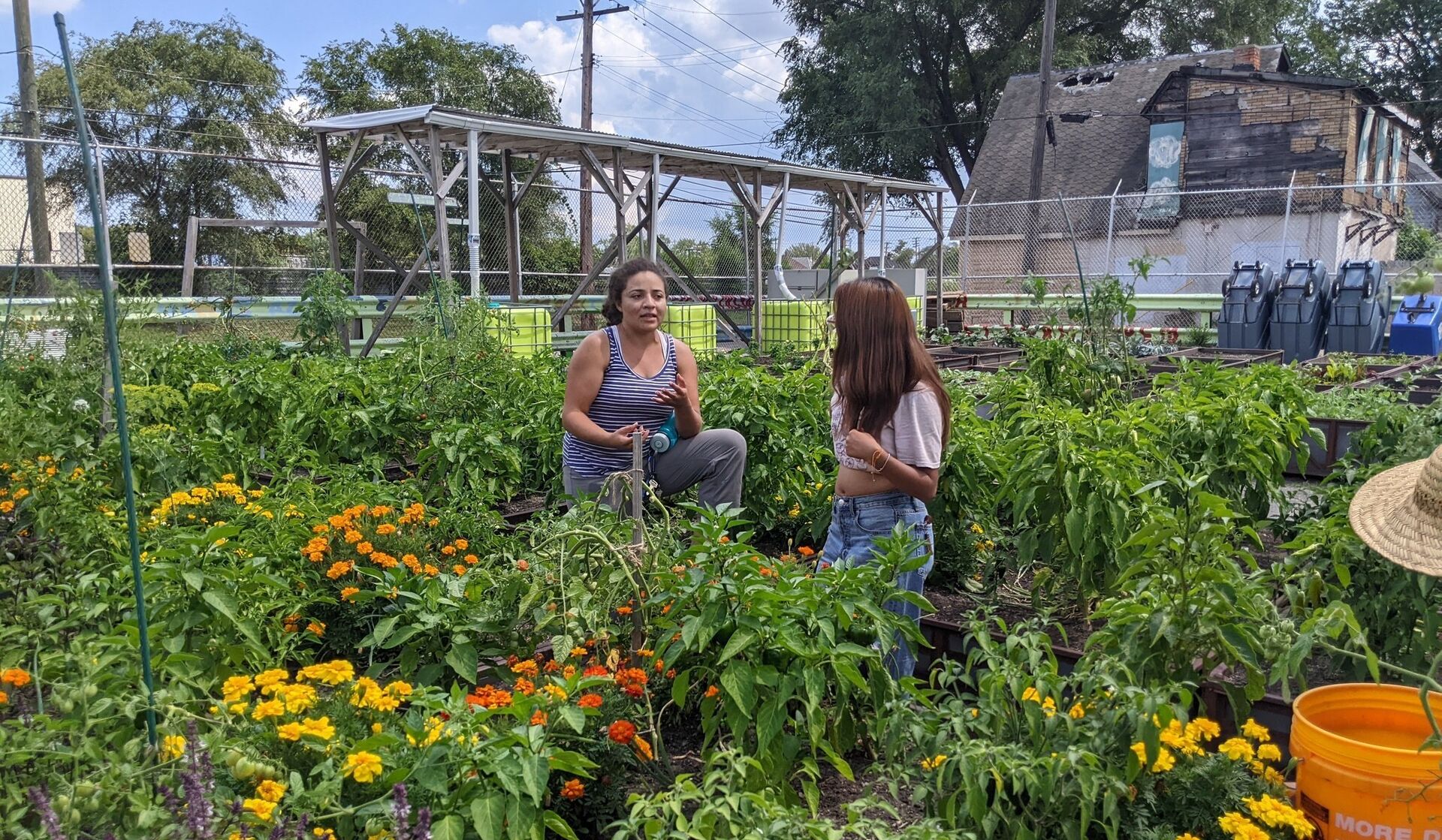There’s a moment in “The Fountainhead” by Ayn Rand when antiheroine Dominique Francon reveals that she painstakingly obtained a statue from a museum and loved it so much that she destroyed it “so that no one else would ever see it.”
I have to admit grappling with similar urges with a handful of culinary experiences in my life. There are epicurean moments that I’ve treasured so completely that they felt exclusively mine, and treasured so profoundly that I forbade myself from ever chasing those heights again. To partake in any inferior iterations just felt a like profound disrespect.
For instance, I grew up eating Central Texas-style BBQ, probably twice a week during my formative years. For me, a perfect smoked brisket was very nearly the holy grail. I was convinced I had found it, or an indistinguishable, edible replica of the hallowed relic, when I visited Franklin Barbecue in Austin in 2011. I realized I had only been consuming botched “ecce homo” embarrassments up to that point, and swore never to eat another smoked brisket again unless it was reputedly on par with the miracle I just ingested.
I had quite a few similar epiphanies in Japan. Forget the tome-like, scattershot chaos of many of our chain restaurant menus stateside, the proliferation of eateries in Japan that specialize in one, and only one, thing made total sense to me. The “Set B” menu option at a tempura-ya changed my life. The third-most expensive katsu option at a katsu-ya changed my life too. And so did the über cheap, über fast private-booth ramen.
There was also the $1 ceviche at a local market in Lima. The 50-cent al pastor tacos in Chihuahua. The four-figure dinner at Daniel in NYC. The 20-something course meal at Brooklyn Fare (which was still BYO and still in Brooklyn when I went). Not only did these experiences alter my understanding of food, they permanently altered my decision-making and dining habits.
"I suppose that’s precisely the idea that comfort food is meant to embody: it pleases us precisely because it hews close to expectations."
Sure, every meal we consume is another datapoint that tweaks our representation of the culinary world, usually imperceptibly. But there are transformational moments that seem fundamentally different. While expanding my horizons, the aforementioned instances also limited my dining options. Their transcendence left a kind of scorched earth discouraging me from retracing the steps that led me to such pinnacles.
Funnily, bad encounters can create similar avoidance scenarios. Food poisoning left me queasy around sushi for years. An early, irresponsible encounter with vodka left me at odds with the spirit. And a take on takeout Chinese food in Kansas precipitated a divorce with beef broccoli.
For each indelible inflection point, there are thousands of meals that don’t move the needle much. For most categories of food, I’m content to explore slightly worse or slightly better renditions around a perfectly satisfactory average. I’ve had plenty of great burgers and plenty of bad burgers, and they’re all basically fine. Same with pad thai, pho, pizza, and pasta.
I suppose that’s precisely the idea that comfort food is meant to embody: it pleases us precisely because it hews close to expectations. The predictability and familiarity enable us to fixate on the context more than the food itself, evoking fond memories of the circumstances that typically accompanied the food instead of the exact flavor profiles.
Then again, smoked brisket was my comfort food … until it wasn’t. Maybe it was the violence of the shock to my expectations that caused the cataclysm. Maybe it was the insane quality-price ratio on the tacos in Chihuahua and ceviche in Lima that brought my physiological palate to its knees. Maybe it was the impeccable extravagance and unaffordability of ultra-fine dining that naturally made them singular experiences, and maybe it was actually my wallet that never felt inclined to relive the experience.
After taking some time (years) to gain perspective, I’ve slowly reintegrated brisket, tacos al pastor, ramen, katsu, ceviche, and most other off-limits morsels back into my dietary rotation. They rarely resemble the paragons that raised the bar so impossibly high, but they no longer make me as sad to contemplate. Or to eat.
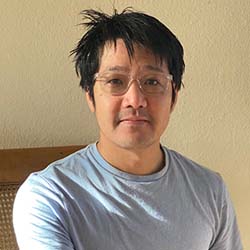
John Wang, ’03, is the founder of Queens Night Market in New York City and the co-author, with wife Storm Garner, of the award-winning cookbook “The World Eats Here” (The Experiment, 2020).

